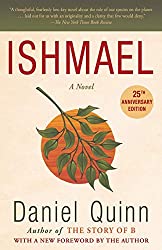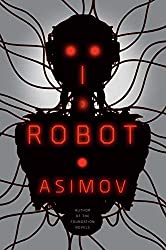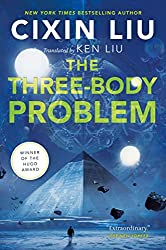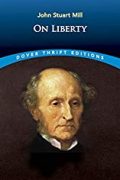
Rating: 7.9/10.
While technically a novel, there is not much a plot beyond the narrator conversing with a telepathic gorilla in a Socratic dialogue. Ishmael, the gorilla, teaches willing pupils on how to save the world. According to Ishmael, our civilization has accomplished many impressive feats, but is on a surefire path to self-destruction since we are violating the laws of nature.
Human cultures can be classified into two categories: Takers (civilized societies) and Leavers (hunter-gatherers). The two groups diverged during the invention of agriculture about 10,000 years ago. The difference is that Takers consider mankind the pinnacle of evolution and therefore feels justified in destroying competitor species and taking more of earth’s resources for himself, whereas Leavers engage in a sustainable lifestyle and don’t take more than what nature bestows. Ishmael explains the Takers’ narrative is unsustainable and will eventually lead to our extinction, like a plane that’s aerodynamically unsound will eventually crash.
Ishmael gives a re-interpretation of the biblical story of Cain and Abel: the story is told from the Leavers’ perspective, where Cain represents the Takers and Abel is the Leavers. Cain killing Abel represents the agricultural Hebrews driving out the nomadic Semites. When Adam and Eve ate from the Tree of Knowledge, this gave them the belief that they now had godlike powers of deciding which species should live and which should die.
Most of the world is Takers now; we’ve been immersed in Taker culture for so long that its basic assumptions are invisible to us. For instance, the assumptions that we are meant to conquer the world, and there is no way to know what is the correct way of living. Ishmael spells out these blind spots to the narrator, and urges him to spread the word before it’s too late.
Thoughts
Ishmael’s main argument for our civilization’s unsustainability comes from the assumption that we will overpopulate the earth. However, this seems to be false now: due to declining birth rates, human population is projected to reach a peak of about 11 billion. Throughout the book, Ishmael urges a return to a Leaver lifestyle, but is vague about how this may be accomplished: obviously, if we suddenly reverted to being hunter-gatherers, most people would die. The main message is certainly still relevant, as a reminder that our civilization must become ecologically sustainable or it will inevitably collapse.




1 thought on “Ishmael by Daniel Quinn”